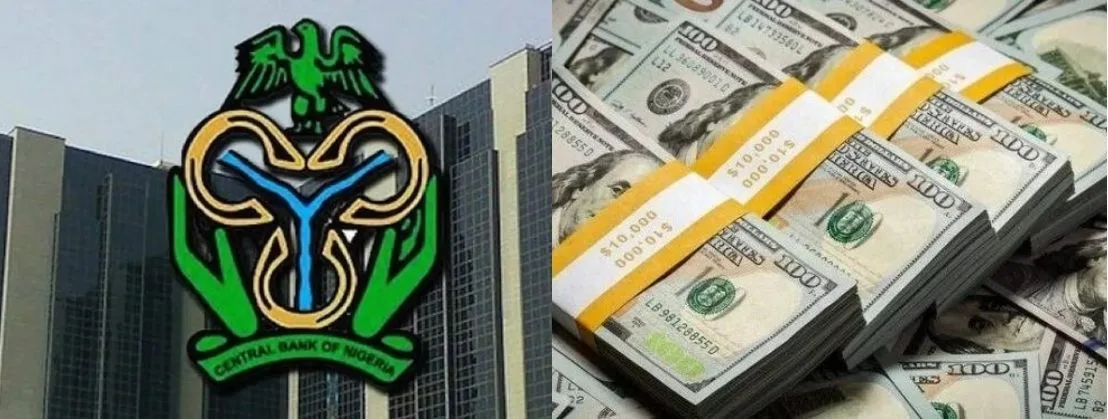Nigeria’s net foreign exchange reserves increased significantly to $23.11 billion by the end of 2024, the highest level in more than three years.
This is according to data released by the Central Bank of Nigeria (CBN).
Join our WhatsApp ChannelIn a statement issued on Tuesday, the apex bank noted that this represents a significant increase from $3.99 billion at the end of 2023, $8.19 billion in 2022, and $14.59 billion in 2021.
“NFER stood at $23.11bn, the highest level in over three years, a marked increase from $3.99bn at year-end 2023, $8.19bn in 2022, and $14.59bn in 2021,” the CBN stated.
The NFER, which adjusts gross reserves to account for short-term liabilities such as FX swaps and forward contracts, is considered to be a more accurate measure of the country’s foreign exchange buffers available to meet immediate external obligations.
The CBN also stated that Nigeria’s gross external reserves rose to $40.19 billion in December 2024, from $33.22 billion at the end of 2023.
This improvement reflects the CBN’s strategic initiatives to decrease short-term foreign exchange liabilities, particularly FX swaps and forward obligations.
The statement quoted the CBN Governor, Olayemi Cardoso, saying the increase was due to strategic policy choices meant to boost investor confidence, lower vulnerabilities, and strengthen the reserve position.
READ ALSO: How Nigeria’s FX Reserves Dropped By $1.3bn– Report
“This improvement in our net reserves is not accidental; it is the outcome of deliberate policy choices aimed at rebuilding confidence, reducing vulnerabilities, and laying the foundation for long-term stability,” Cardoso said.
The CBN observed that the improvement in NFER was driven by a number of factors, including a large drop in short-term FX obligations such as swaps and forwards, which previously posed threats to liquidity.
Also, rising foreign exchange inflows from non-oil sources contributed to boosting the reserve position.
The bank also applauded policy adjustments aimed at restoring confidence in the FX market, which helped attract more sustainable inflows.
The CBN expressed hope about sustaining this increasing trend in 2025.
While the first quarter exhibited certain seasonal changes, notably hefty interest payments on foreign-denominated debt, the underlying fundamentals remained robust.
Reserves are likely to continue expanding, driven by improved oil production levels and a favourable export climate, notably from non-oil sectors.
The CBN said these factors will increase Nigeria’s external liquidity and sustain a stable currency rate.
Cardoso emphasised the apex bank’s commitment to careful reserve management, transparency reporting, and macroeconomic policies aimed at sustaining stability, attracting investment, and creating long-term economic resilience.
Victor Ezeja is a passionate journalist with six years of experience writing on economy, politics and energy. He holds a Masters degree in Mass Communication.


















